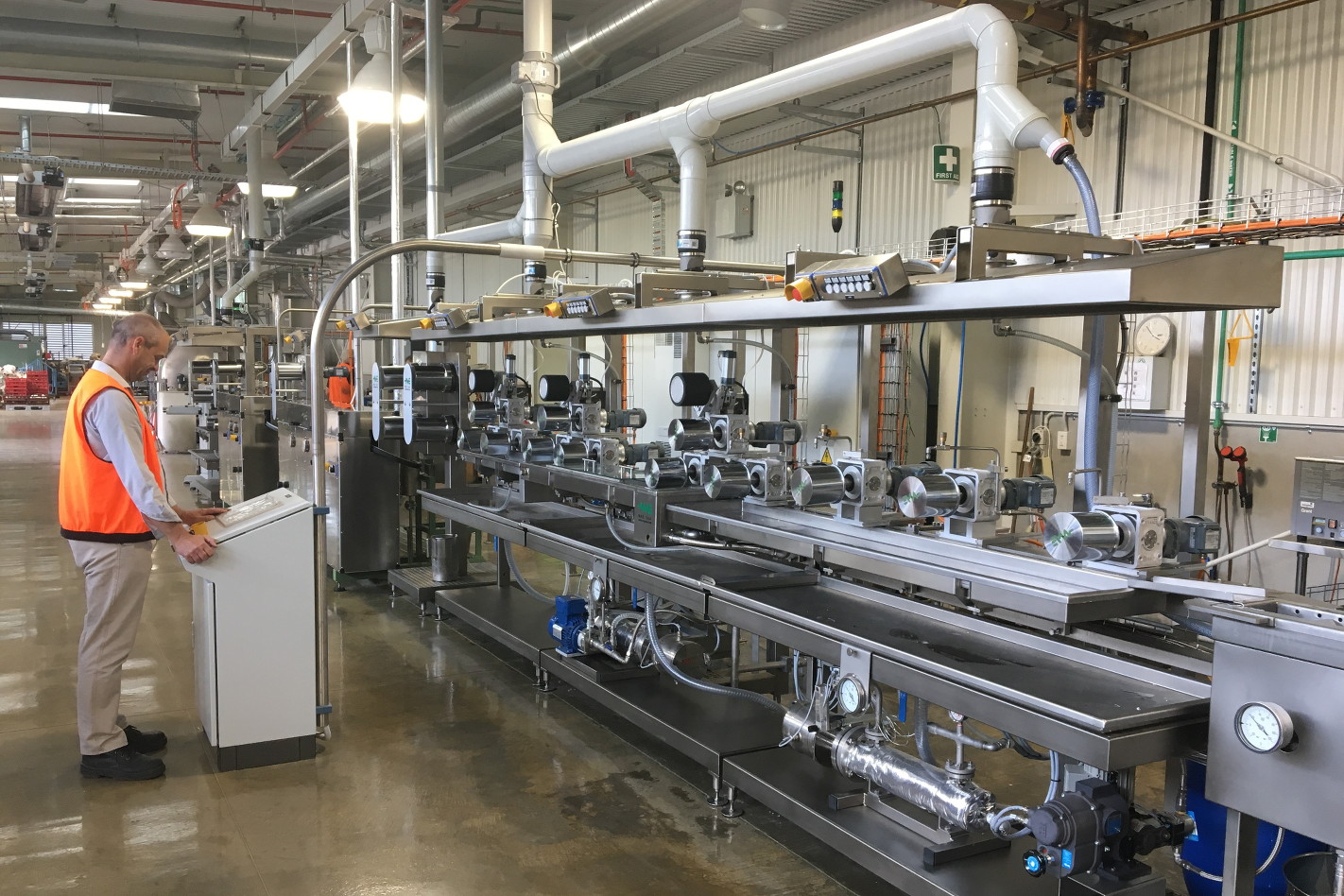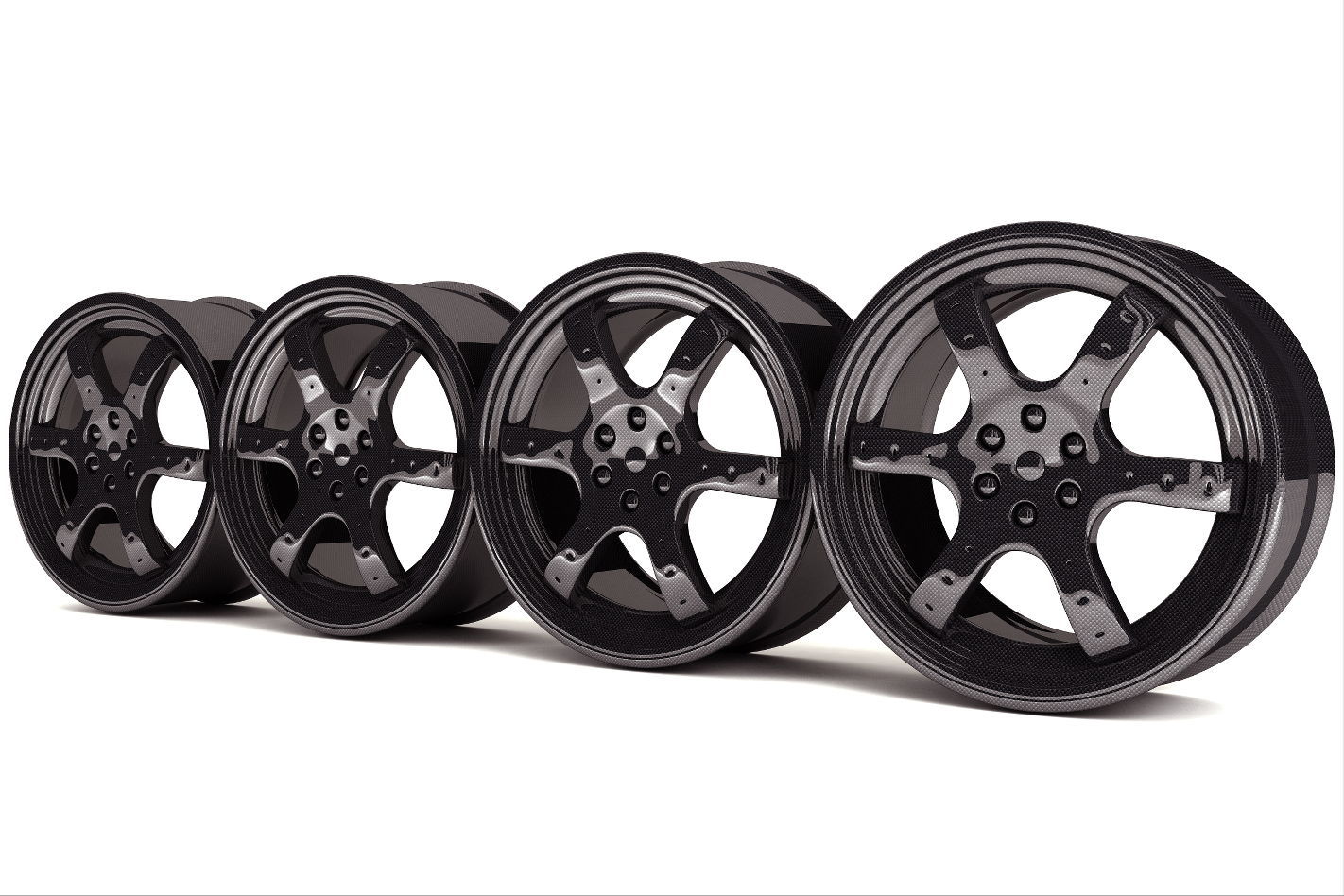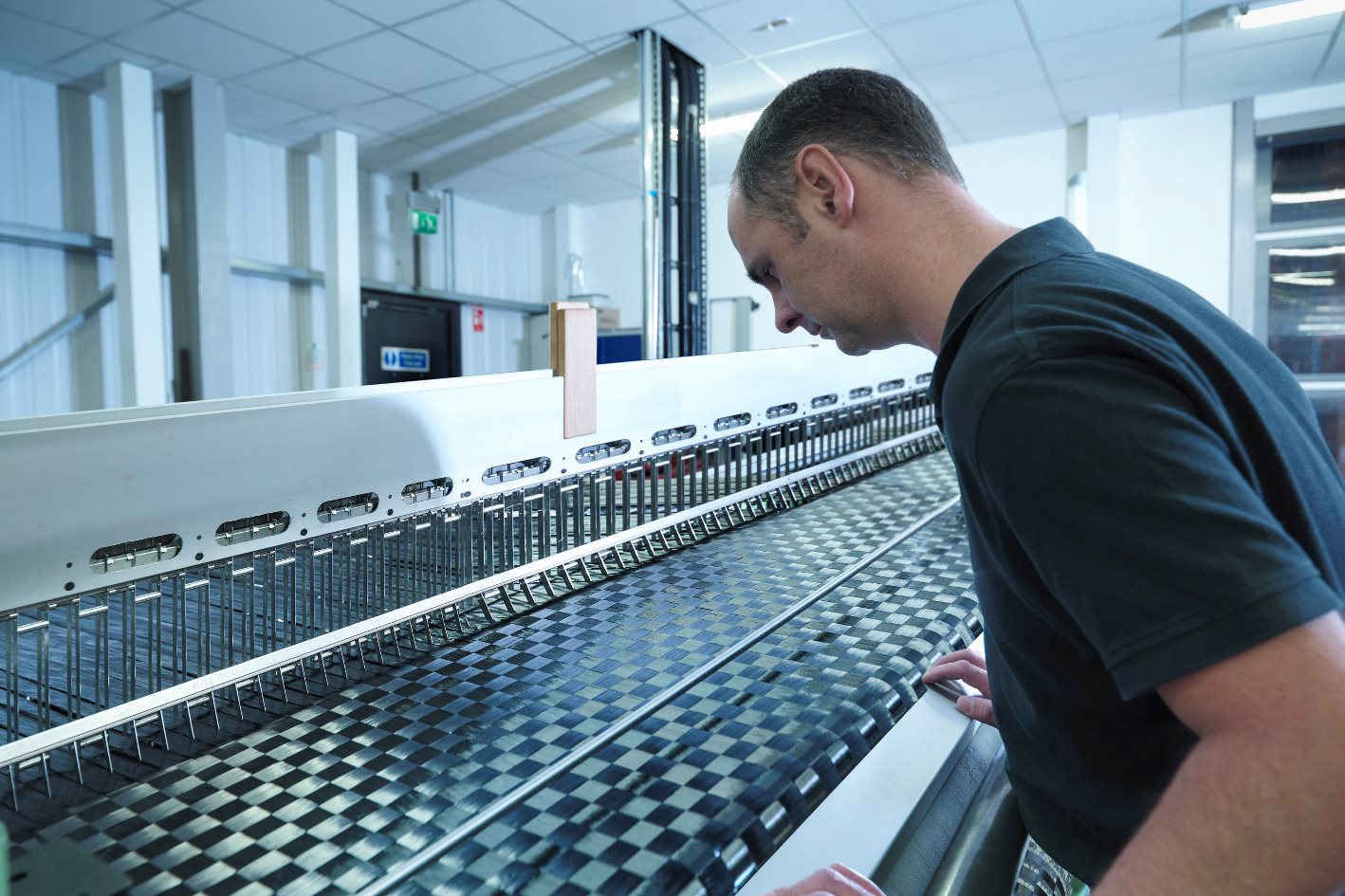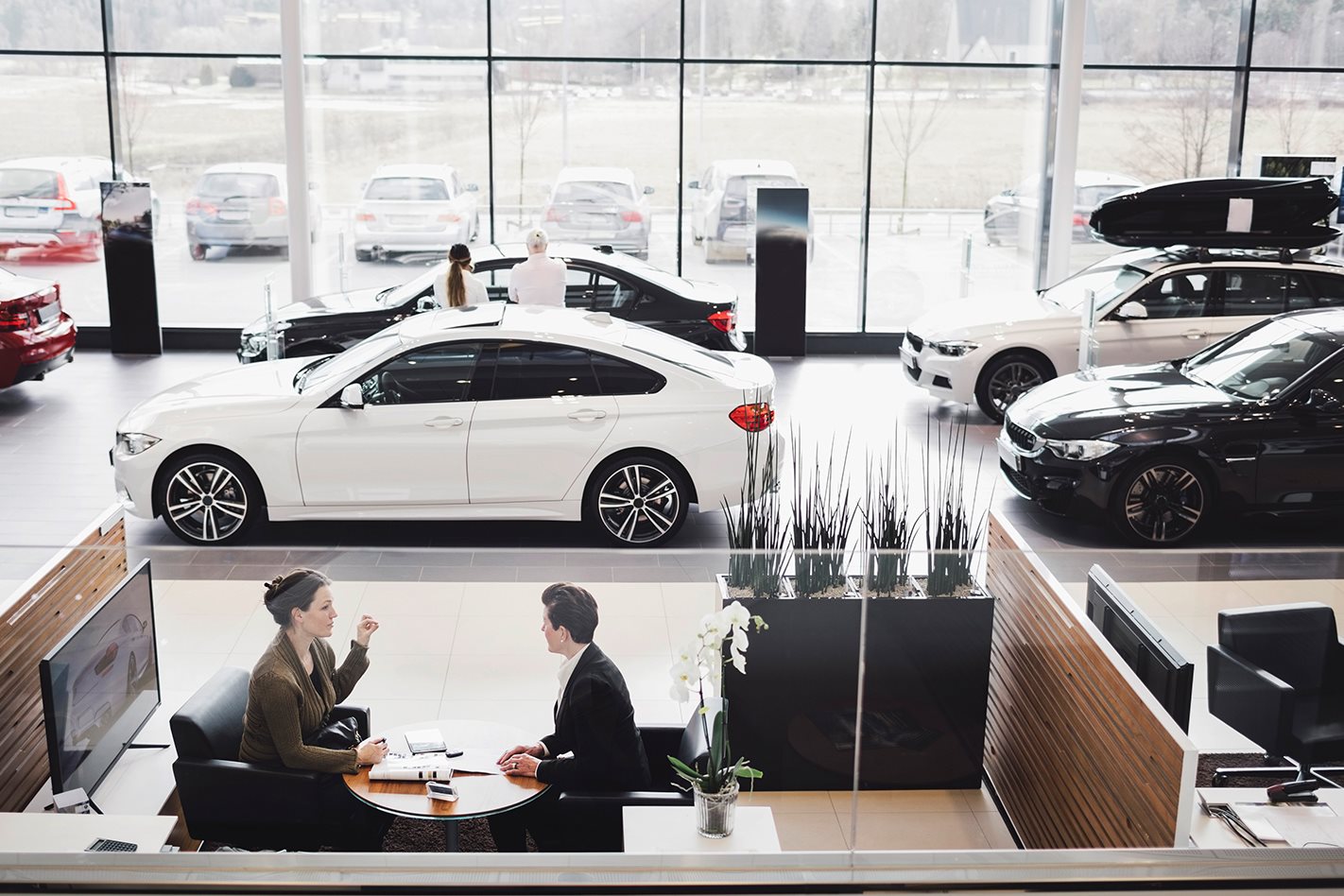A NEWLY formed research centre will aim to establish Australia as a world authority on lightweight car technology.
The Australian Research Council announced today that it would fund the ARC Training Centre in Lightweight Automotive Structures, or ATLAS, that would research how to make future cars lighter and more fuel-efficient.

The ARC said the research would attempt to “accelerate the transformation of Australia’s automotive industry by commercialising new products and processes”.
Professor Calum Drummond, RMIT’s deputy vice-chancellor of research and innovation, said the centre would lead to Australia “exporting new lightweight automotive product designs, high-value lightweight components, and engineering services to the global automotive market segments”.
Australia has already started earning a reputation for lightweight technologies, with Geelong earmarked as a future “Carbon Valley”.. Geelong-based wheel maker Carbon Revolution is supplying Ford with single-piece carbonfibre wheels for the Shelby GT350R Mustang and Ford GT supercar. They’re expensive, but Carbon Revolution says it has cut about $4000 from the cost of its products as it has improved its forming process; a set of Porsche centre-lock wheels cost $13,850.

Car makers are continuing to struggle to make carbonfibre components on an industrial scale. Chinese-owned premium brand Volvo recently announced its Polestar 1 hybrid performance coupe would use carbonfibre reinforced plastic panels to save weight – but they would all be built by hand.





